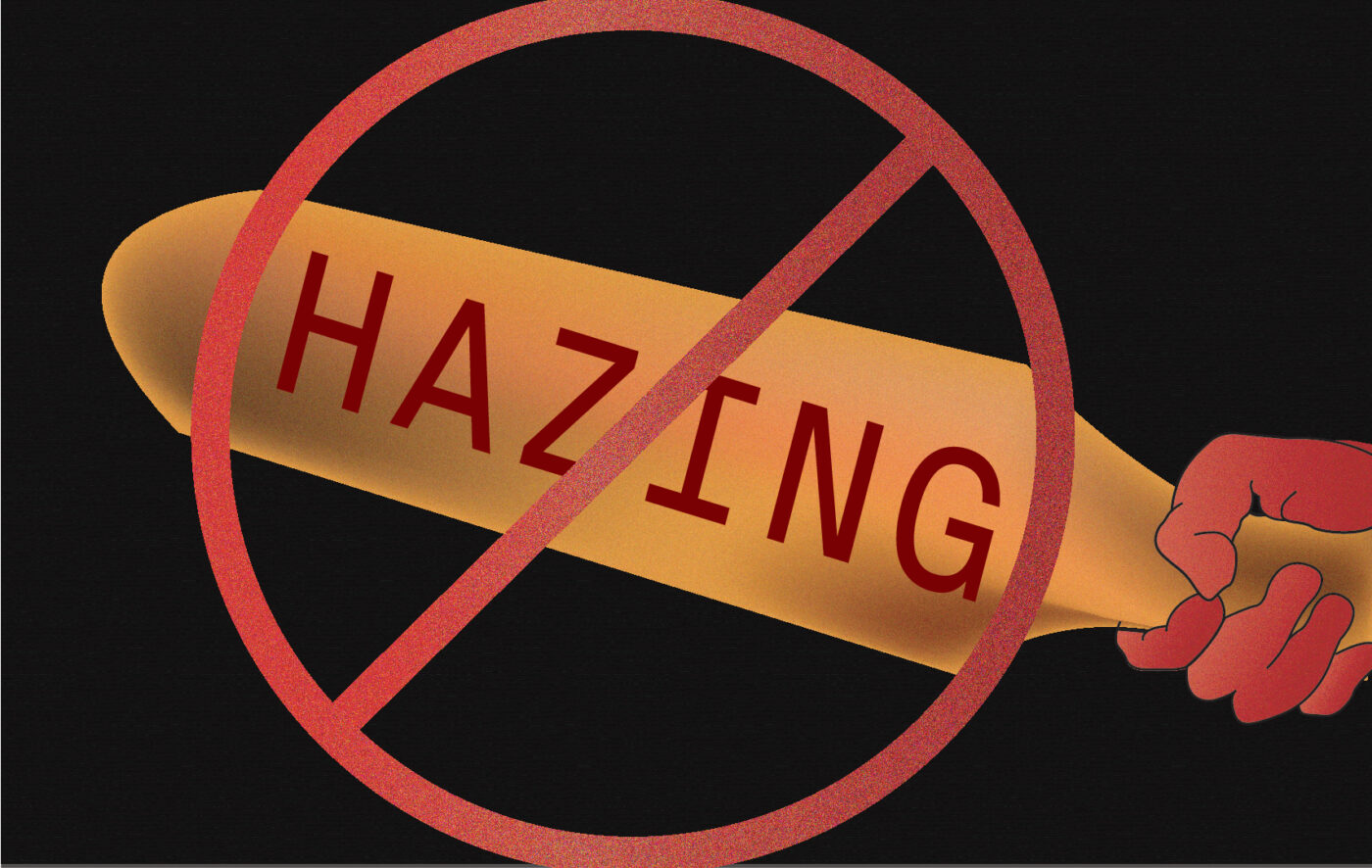THE OFFICE of Student Activities (OSA) has released its anti-hazing guidelines for the student organizations in compliance to the Anti-Hazing Act of 2018, which was signed by President Rodrigo Duterte on June 29.
In a memo released on August 29, OSA Director Ralph Jacinto Quiblat said that OSA created two sets of guidelines pursuant to Articles 4 and 6 of the act, which are the guidelines for membership application and recruitment process for registered student organizations, and the guidelines on the registration of student organizations.
The former emphasized the specific guidelines for the organizations’ membership application process, which should come with a sworn statement about the organization’s membership application process, while the latter reiterated the procedures for the organizations’ registration.
Both sets of guidelines apply to accredited and emerging organizations, including those in the League of Independent Organizations (LIONS).
The guidelines have also been formally introduced to organizations during the SOAR Orientation Seminar (SOARSEM) on September 29, where representatives from student organizations were oriented about Project SOAR. SOAR is OSA’s “new evaluation system for all registered student groups and organizations in the Loyola Schools” and the “primary basis” of accreditation of organizations.
“Registered” organizations are those which have undergone the procedures pursuant to the guidelines, and are eligible for SOAR and possible accreditation. However, they are “not considered officially recognized under the relevant rules and policies of [OSA].”
For student welfare
Quiblat explained that the new law does not only cover fraternities and sororities, but also student organizations, which aided the crafting of the guidelines. It also stressed the requirement to create guidelines for organizations’ “initiation rites.”
“It includes how [organizations] recruit members, [how they] do their process of application, and what they require their members to be part of the organization,” he explained.
The guidelines reiterated that the newly-implemented rules are consistent with the current Loyola Schools Student Handbook. They also expressed that the administration would not recognize or approve organizations with practices, including initiation rites, “which involve violence and acts not in consonance with human dignity.”
Meanwhile, Council of Organizations of the Ateneo (COA) President Jam Abawag mentioned that “included in the discussion [of the guidelines during SOARSEM] are the different punishments [or] fines one is liable [for] when [he or she is] part, directly or indirectly, of an illegal initiation procedure.”
Abawag added that implementing these guidelines is necessary “in order to forward a safe and positive organization environment within the Ateneo as it continues to help in the formation of all Ateneans.”
The reviewed Anti-Hazing Act was signed months after late University of Santo Tomas law student Horacio “Atio” Castillo III died due to alleged hazing by members of the Aegis Juris fraternity. The law calls for total banning of hazing in fraternities, sororities, and organizations that are not school-based.
Section 3 of the law says that “All forms of hazings shall be prohibited in fraternities, sororities, and organizations in schools, including citizens’ military training and citizens’ army training.”
The new Anti-Hazing Act also serves as a reinforcement of Republic Act 8049 or the Anti-Hazing Law of 1995 that prohibits hazing as initiation rites in fraternities and sororities. However, despite several hazing deaths since its passage, only one conviction was made for hazing under the said law.
Systems in place
For Quiblat, the new guidelines do not pose a challenge when it comes to integrating them into student organizations, for they are already considered as “old practices” that are part of the original protocol.
“[The set of guidelines are] is in fact integrated [to student organizations’ protocol],” he said. “The difference now is it is written as clearly as possible, and I think that’s what the law made [to] happen.”
Quiblat emphasized that prior to the anti-hazing guidelines, organizations have already been following registration and membership application protocol, such as the submission of the list of student officers, members, risk assessment forms, and forms concerning moderators.
“It’s just that now [student organizations] have to familiarize themselves into the new form [for membership application and registration]; plus, it is integrated in the [process of] student organizations assessment and review,” he added.
Quiblat also explained that along with the new guidelines, they will implementing stricter policies with organizations and their moderators, for the current law requires that two school representatives must be present during the organizations’ initiation rites, and the moderator must be responsible for monitoring the activities of the organization.
Future action
Meanwhile, Abawag said that COA does not have any “running initiatives” yet to implement the guidelines to organizations. She mentioned that after their consultations with OSA and different student organizations, they plan to implement the guidelines within school year 2018-2019.
“From my consultations with OSA [before SOARSEM], much of what we can do as a council is to really ensure that [organizations] are able to accomplish and submit the necessary documents as stated in the memo,” she said.
Abawag explained that COA ensures to properly implement the guidelines by raising awareness in the organizations’ general assemblies. Currently, they are in charge of disseminating information on the guidelines to the organizations’ cluster heads and secretary treasurers, particularly during their board meetings.
“Future steps include integrating [organization] recruitment guidelines set for next year’s [COA Recruitment Week]. This year, we plan to strengthen the connection of our [COA] cluster heads and secretary treasurers with their [organizations] for us to monitor and extend our support [in implementing the guidelines] to them,” Abawag added.
Moreover, she mentioned that COA plans to consult with the different organization heads for further integration of the guidelines. According to her, this consultation will be organized among all clusters of COA, as well as the Confederation of Publications, the Sanggunian, and political parties in Ateneo.
With this, she reiterated the importance of having the guidelines against hazing for student organizations.
“[Implementing these guidelines are important] in order for organizations to continuously fight for their own core competencies and advocacies while ensuring the overall safety and welfare of its members,” Abawag concluded.







